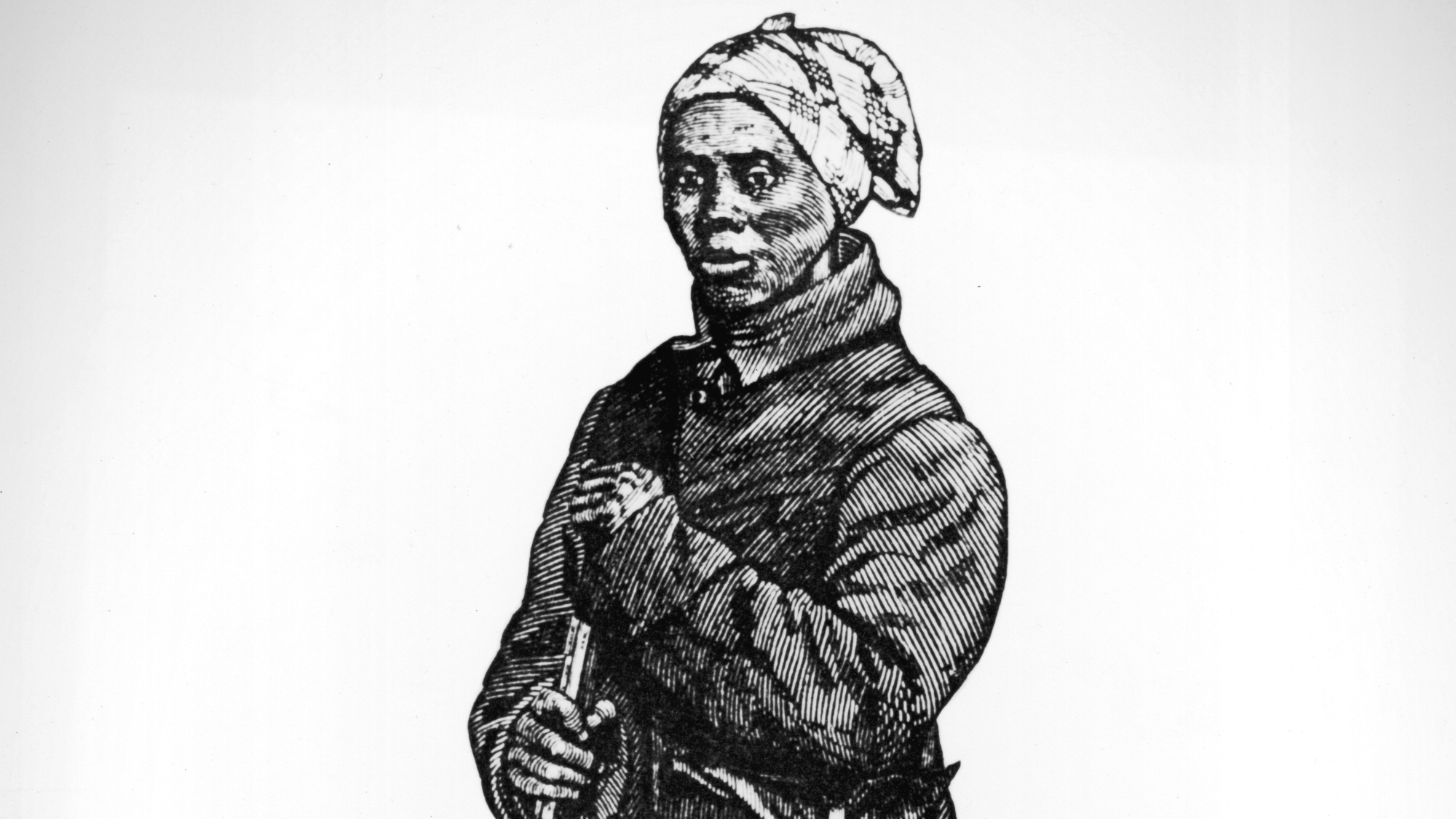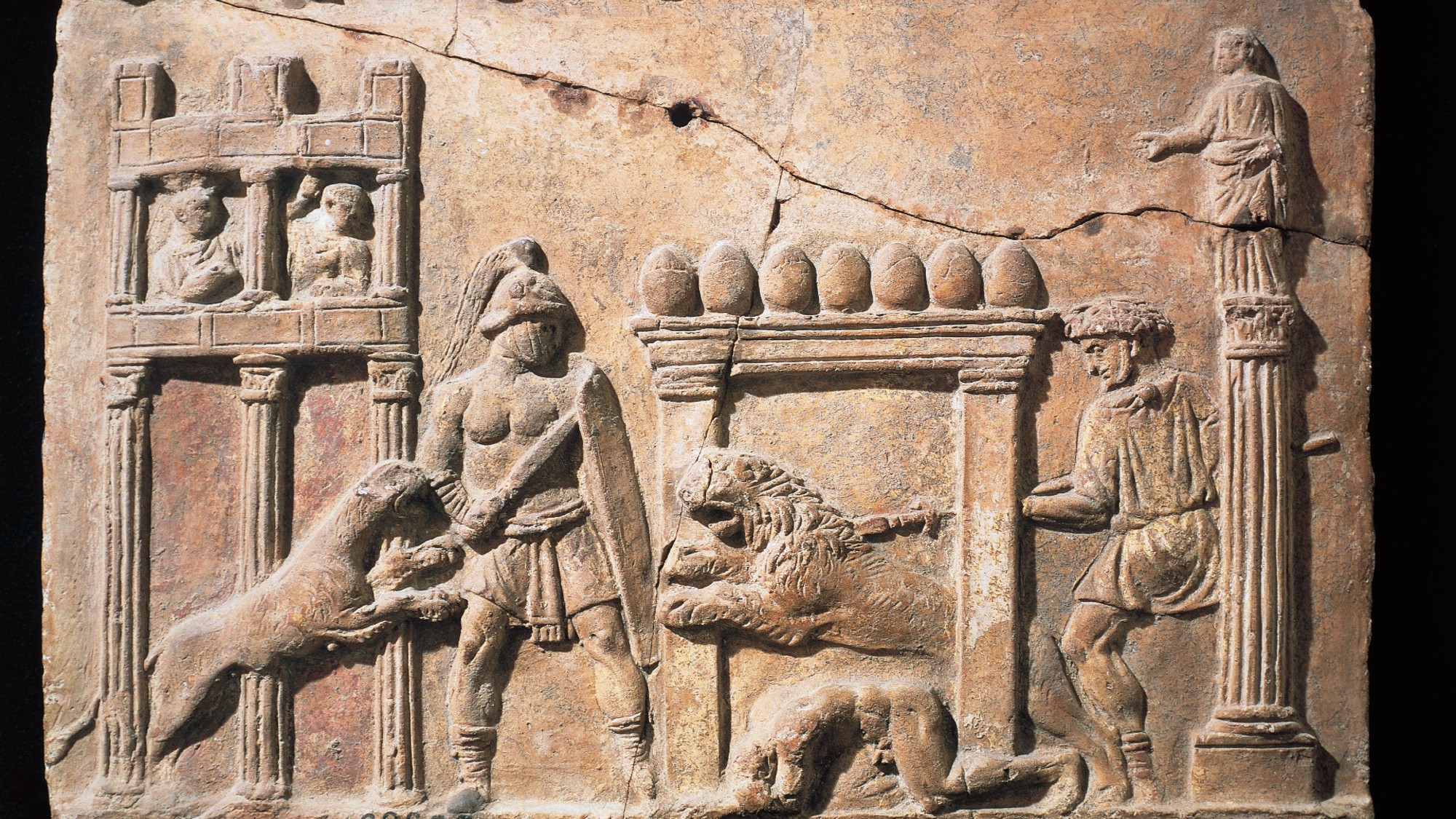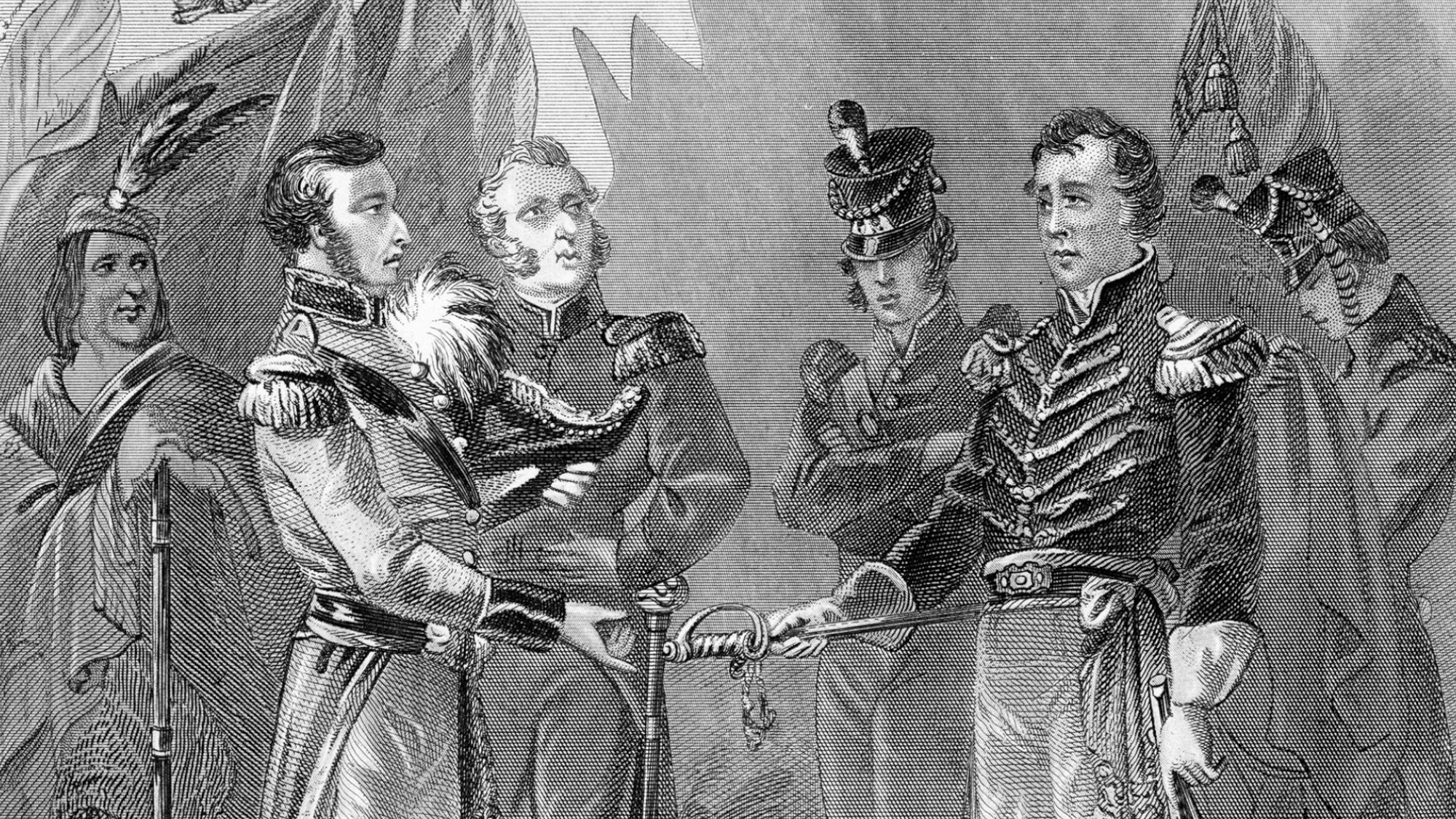Harriet Tubman made a general 161 years after raid
She was the first woman to oversee an American military action during a time of war


A free daily email with the biggest news stories of the day – and the best features from TheWeek.com
You are now subscribed
Your newsletter sign-up was successful
What happened
Abolitionist Harriet Tubman was posthumously awarded the rank of brigadier general in the Maryland National Guard Monday, 161 years after she became the first woman to oversee an American military action during a time of war. In that June 1863 raid, Tubman used intelligence she had gathered to direct three Union Army steamboats up the Combahee River in Confederate-held South Carolina, liberating more than 750 enslaved people.
Who said what
"Today we celebrate one of the greatest authors of the American story," a "soldier and a person who earned the title of veteran," Gov. Wes Moore (D) said at a Veterans Day ceremony at Harriet Tubman Underground Railroad State Park in Maryland's Eastern Shore. "Maryland's own, Gen. Harriet Tubman."
Tubman, who escaped slavery in 1849, used skills she had honed liberating more than 70 other enslaved Black people in her subsequent work "as a scout, spy and nurse for the Union Army during the Civil War," The Associated Press said. Her "military service isn't a familiar part of Tubman's legacy for most Americans," The Washington Post said, but the fact she was "often dismissed, underestimated and ignored" is what "made her such an effective spy and scout" and also explains why "it took our nation 160 years to honor her properly for her military service."
The Week
Escape your echo chamber. Get the facts behind the news, plus analysis from multiple perspectives.

Sign up for The Week's Free Newsletters
From our morning news briefing to a weekly Good News Newsletter, get the best of The Week delivered directly to your inbox.
From our morning news briefing to a weekly Good News Newsletter, get the best of The Week delivered directly to your inbox.
What next?
Tubman's "status as an icon of history has only been further elevated within the last few years," the AP said, but decade-old "plans to put Tubman on the $20 bill have continued to stall."
A free daily email with the biggest news stories of the day – and the best features from TheWeek.com
Peter has worked as a news and culture writer and editor at The Week since the site's launch in 2008. He covers politics, world affairs, religion and cultural currents. His journalism career began as a copy editor at a financial newswire and has included editorial positions at The New York Times Magazine, Facts on File, and Oregon State University.
-
 How the FCC’s ‘equal time’ rule works
How the FCC’s ‘equal time’ rule worksIn the Spotlight The law is at the heart of the Colbert-CBS conflict
-
 What is the endgame in the DHS shutdown?
What is the endgame in the DHS shutdown?Today’s Big Question Democrats want to rein in ICE’s immigration crackdown
-
 ‘Poor time management isn’t just an inconvenience’
‘Poor time management isn’t just an inconvenience’Instant Opinion Opinion, comment and editorials of the day
-
 Scientists have found the first proof that ancient humans fought animals
Scientists have found the first proof that ancient humans fought animalsUnder the Radar A human skeleton definitively shows damage from a lion's bite
-
 When the U.S. invaded Canada
When the U.S. invaded CanadaFeature President Trump has talked of annexing our northern neighbor. We tried to do just that in the War of 1812.
-
 Newly publicized Dutch archives force families to confront accusations of Nazi collaboration
Newly publicized Dutch archives force families to confront accusations of Nazi collaborationUnder the Radar The archives were available to researchers but only recently became publicly accessible
-
 Sudan's forgotten pyramids
Sudan's forgotten pyramidsUnder the Radar Brutal civil war and widespread looting threatens African nation's ancient heritage
-
 Two ancient cities have been discovered along the Silk Road
Two ancient cities have been discovered along the Silk RoadUnder the radar The discovery changed what was known about the old trade route
-
 Stonehenge: a transformative discovery
Stonehenge: a transformative discoveryTalking Point Neolithic people travelled much further afield than previously thought to choose the famous landmark's central altar stone
-
 Haredim: Israel's ultra-Orthodox Jews now facing conscription
Haredim: Israel's ultra-Orthodox Jews now facing conscriptionThe Explainer Religious community pays few taxes, receives vast subsidies and has avoided military service, provoking ire of wider society
-
 Namibia grapples with legacy of genocide on Shark Island
Namibia grapples with legacy of genocide on Shark IslandUnder the radar A non-profit research agency believes it has located sites of unmarked graves of prisoners
